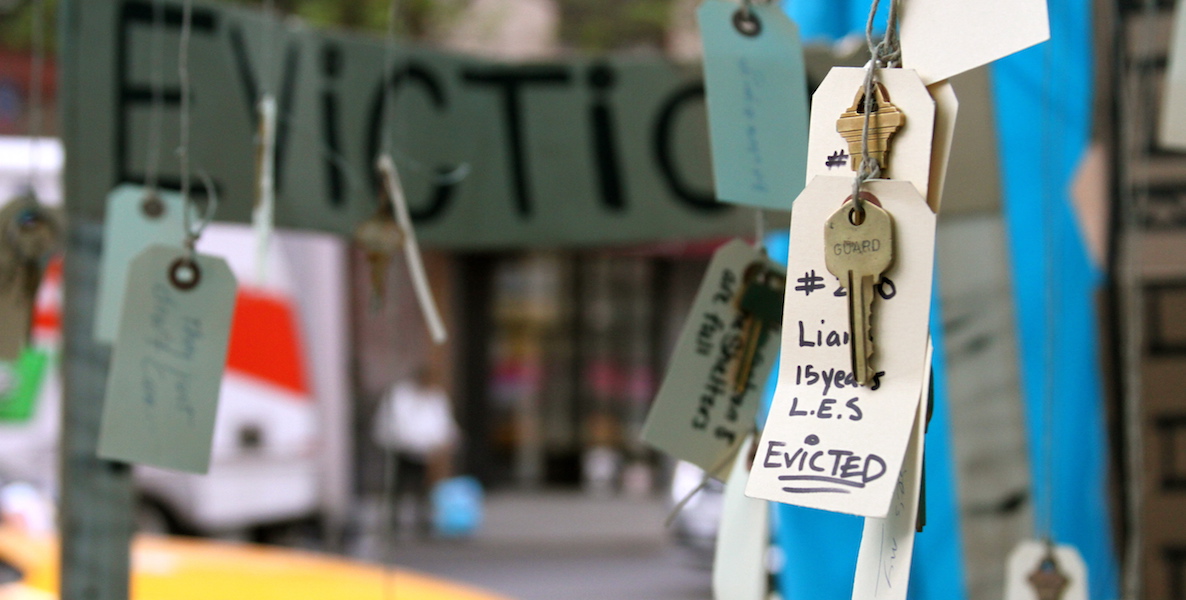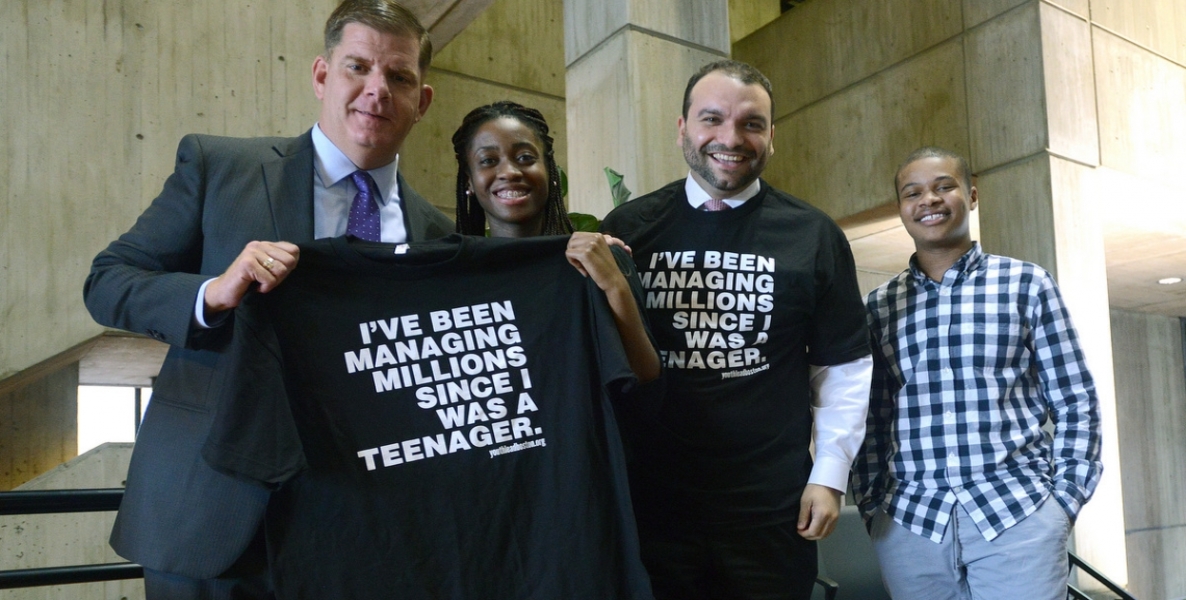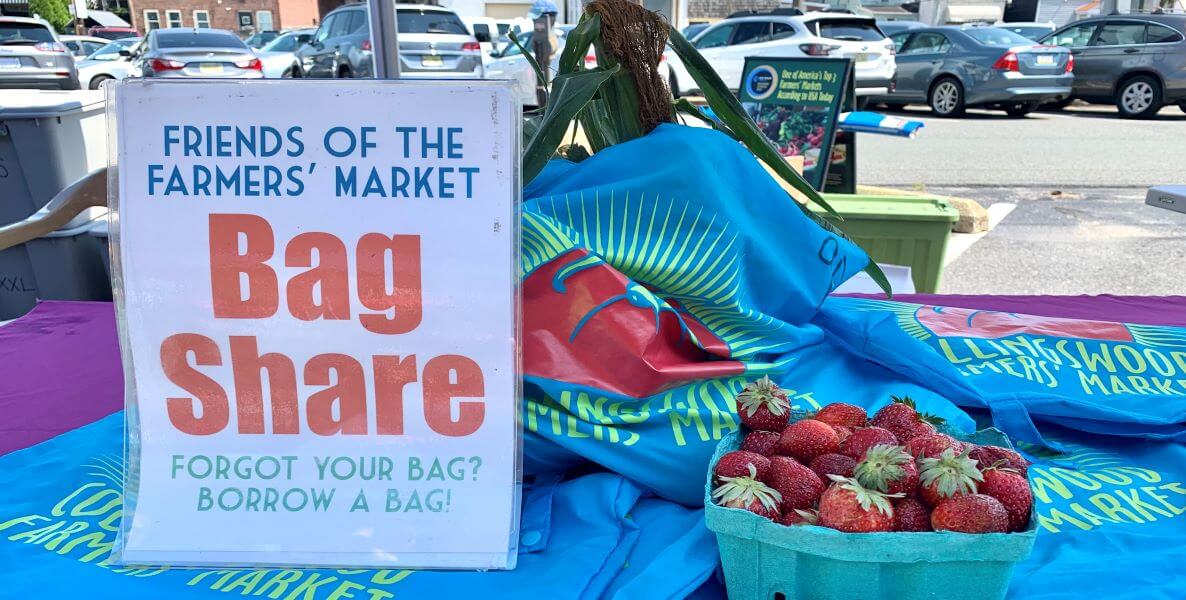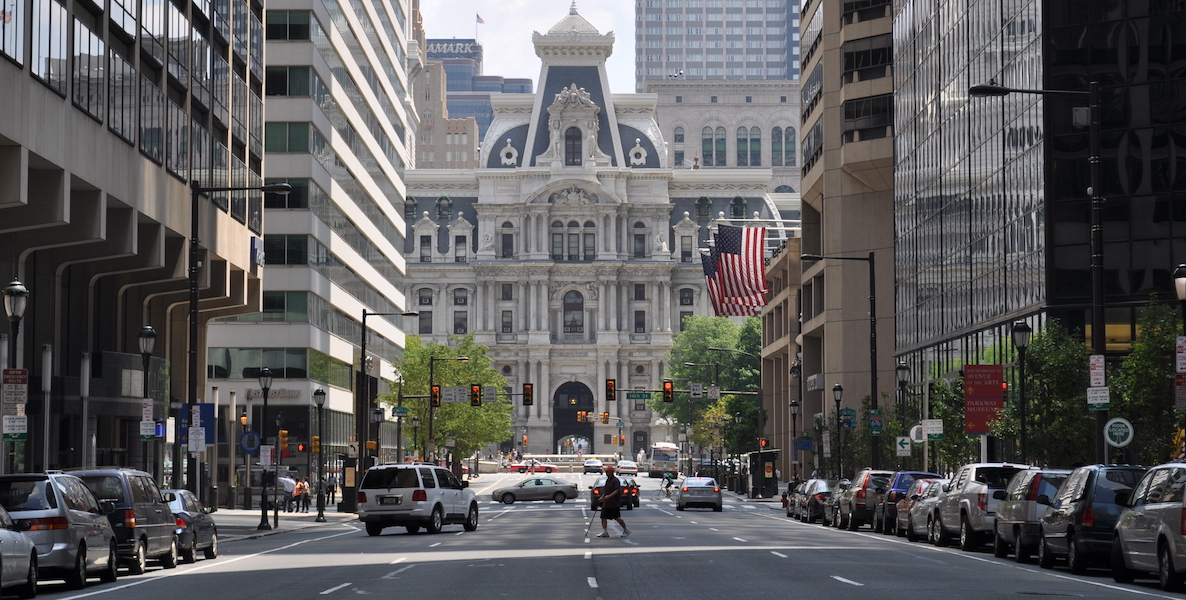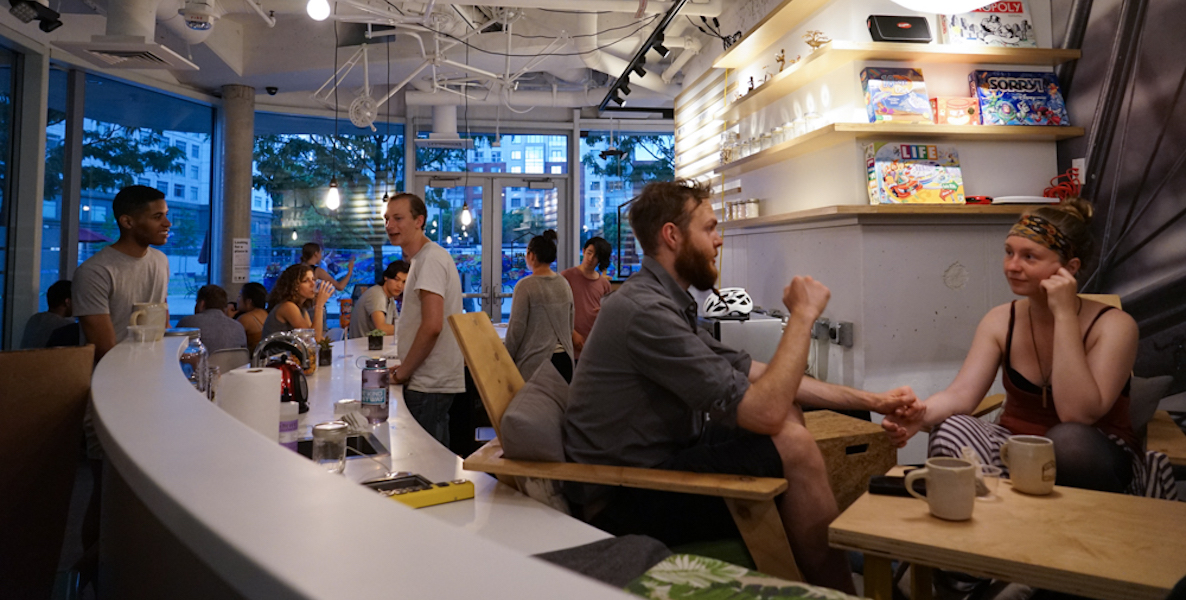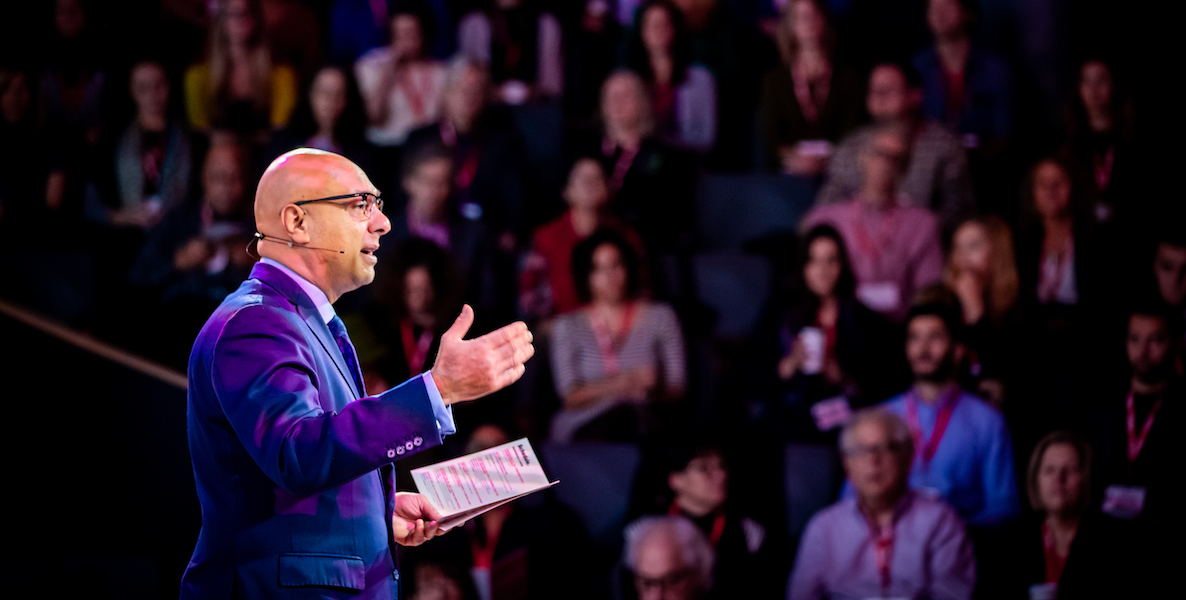Wake up, everybody.
It was those words—belted out by the amazingly talented music students from Hill-Freedman World Academy—that launched The Citizen’s second annual Ideas We Should Steal Festival on Tuesday. And they were words more meaningful than we could have imagined.
Wake up. Everybody. And do something. Because, as we learned from innovators and problem-solvers and thinkers from across the country: Each of us can make change, can grasp an idea, bring it into reality and see the world become a better place as a result. That’s true of the most powerful, wealthiest and privileged; it’s also true of those locked away from society, and of most of us who live somewhere in between.
For those of you who missed the event, at the Comcast Technology Center, you can check out videos of each speaker and panel next week here. And help us “steal” a solution to bring to Philadelphia, by voting for an idea from the Festival that will become the basis of a Request for Proposal for one organization to receive the 2020 Jeremy Nowak Urban Innovation Award, with the support of Spring Point Partners.
In the meantime, some lessons learned from an invigorating day of solutions:
1. Superintendent Bill Hite can sing.
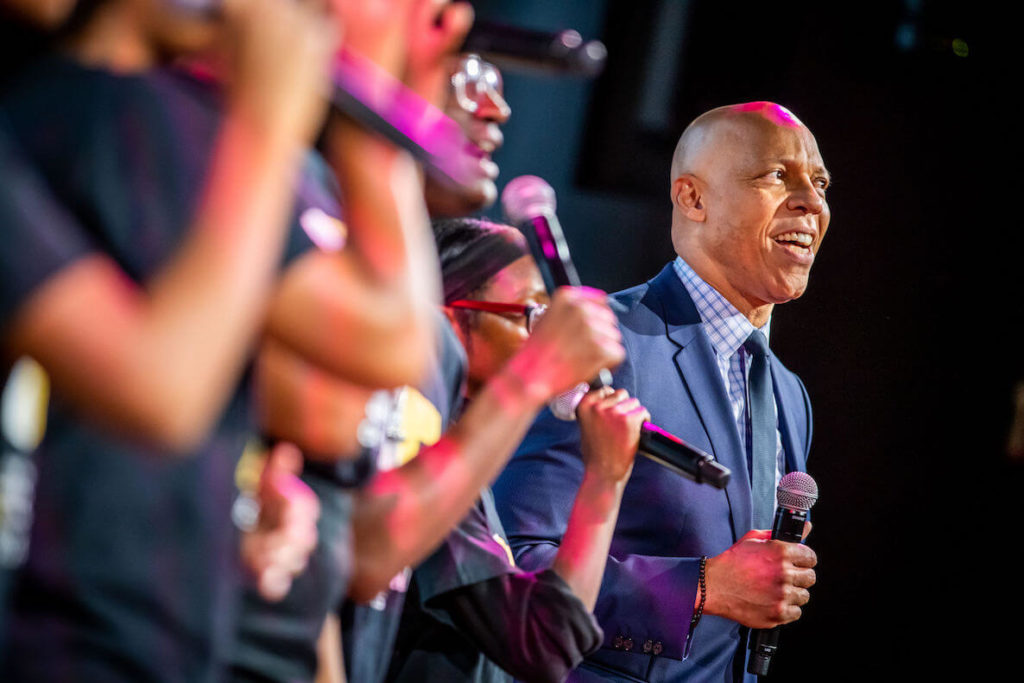
But the students from Hill-Freedman World Academy are stars. In addition to a cover of Sound of Philadelphia’s “Wake Up Everybody” (on which Hite had a cameo), the students—who released a SOP-inspired album in the spring—performed two original pieces written and performed themselves. Really, how could anyone else be nervous to take the stage after witnessing that?

2. “Actions must produce your desired outcomes.”
David Muhammad, executive director of the National Institute for Criminal Justice Reform, said that in the early afternoon, and yes it seems obvious. But it’s remarkable how often policy makers lose sight of it. Take gun violence reduction, which Muhammad helped to lead in Oakland, which cut its homicide rate in half through CeaseFire: Too often, “violence prevention” resources go to programs for middle schoolers, or to help kids read, or other worthy efforts that have no bearing on the short-term goal of actually stopping (primarily) young men of color from shooting each other.

3. “Only when the truly marginalized lead do you have true inclusion.”
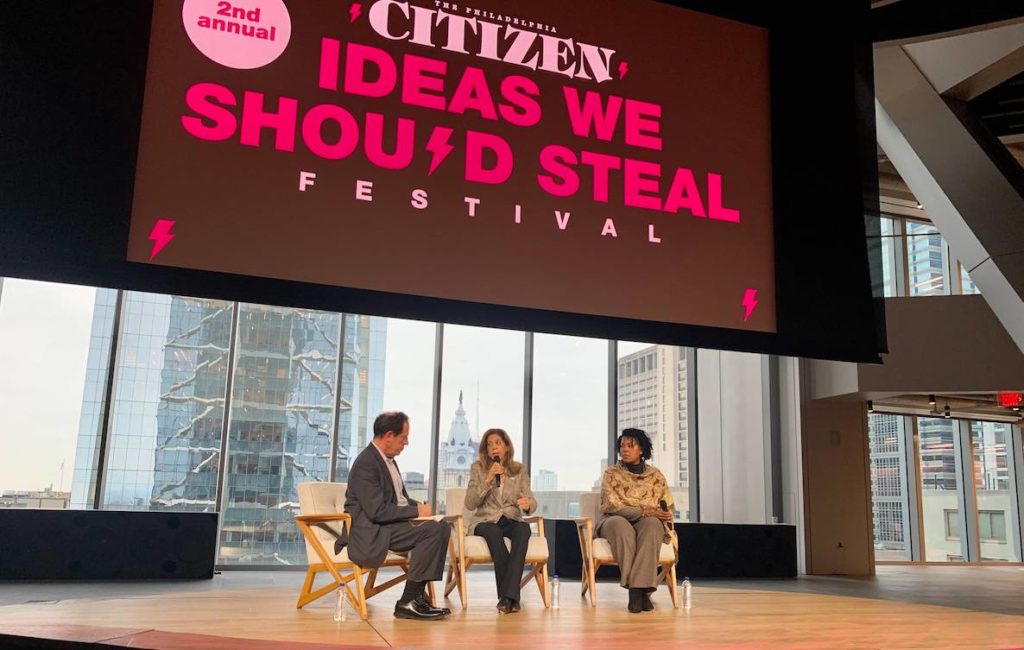
That’s how La Shon Walker, of California’s FivePoint Holdings put it during a conversation with Andrea Zopp, CEO of World Business Chicago, and Drexel’s Metro Finance Lab Director Bruce Katz about inclusive growth—the kind that allows underserved communities to thrive with healthy locally-owned businesses, access to services, affordable housing and the ability to have a say in their neighborhood’s future.
Among the lessons Walker says she’s taken away from FivePoints’ work on a mixed-use project in San Francisco’s former Candlestick Park area is the idea of “place-saving”: “With placemaking, we understand the importance of co-locating housing, business and play in one space,” Walker said. “That’s really good to be intentional like that, and also about what you save. Place-saving is critical: A lot of our activity is trying to be preservationists at the same time, which is not something developers typically do.”

4. “Imagine If… ”
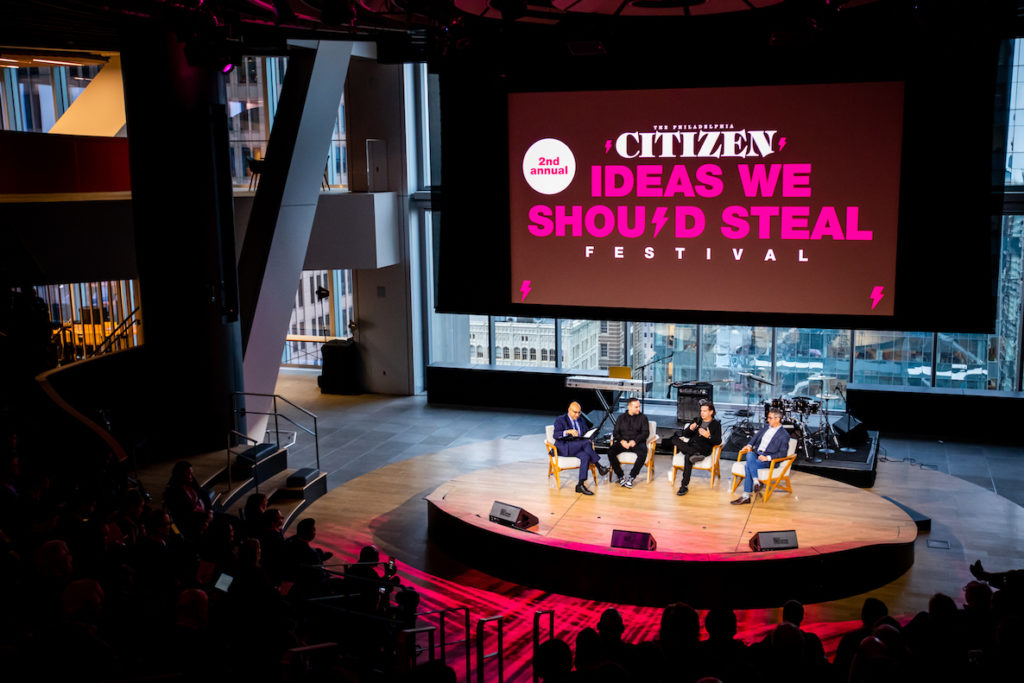
What’s the link between entrepreneurship and civic change, according to investor and First Round Capital founder Josh Kopelman, chair of Philadelphia Media Network’s board? Two words: “Imagine if…” Kopelman’s words resonated all day, as did the the ethos of his panel with Campus Apartments CEO David Adelman (a Citizen board member), and Michael Rubin, Kynetic founder and co-founder of REFORM Alliance—all wildly successful businessmen and civic-minded change agents out to make a better world. The best part? We don’t have to steal them—they’re already ours.

5. John Oliver’s Last Week Tonight does, essentially, solutions journalism.
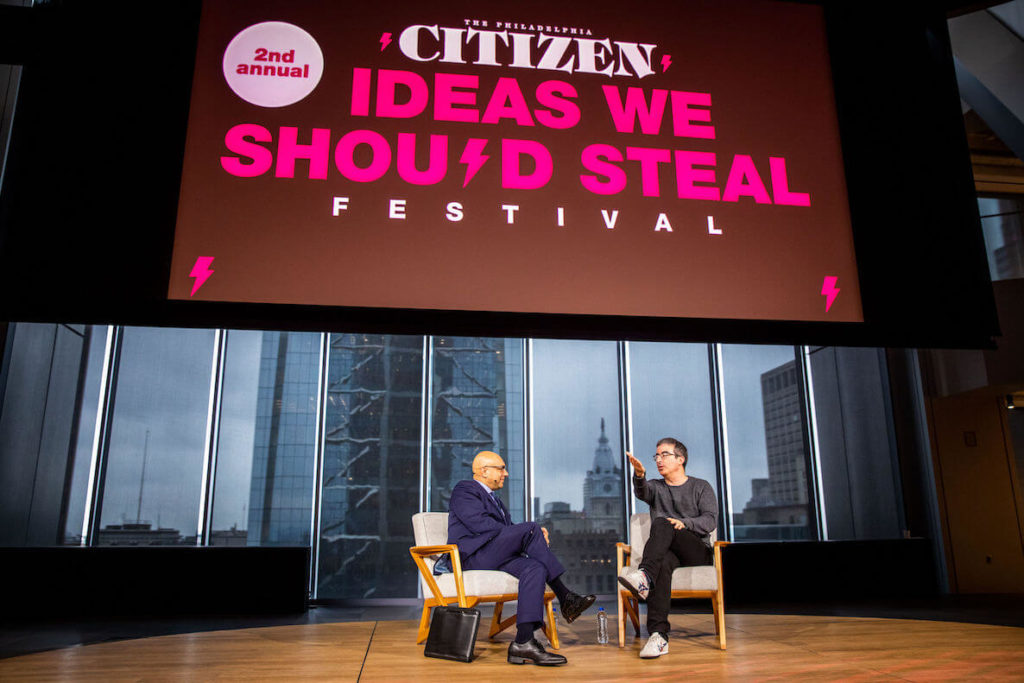
That means laying out a problem, with a lens to how to fix it—the same sort of journalism we practice here at The Citizen. “You want to point to a particular exit, even if it’s our opinion on the best solution to the problem,” Oliver noted. Also, John Oliver is very funny. Who knew?

6. Philadelphians are no slouches when it comes to solutions.
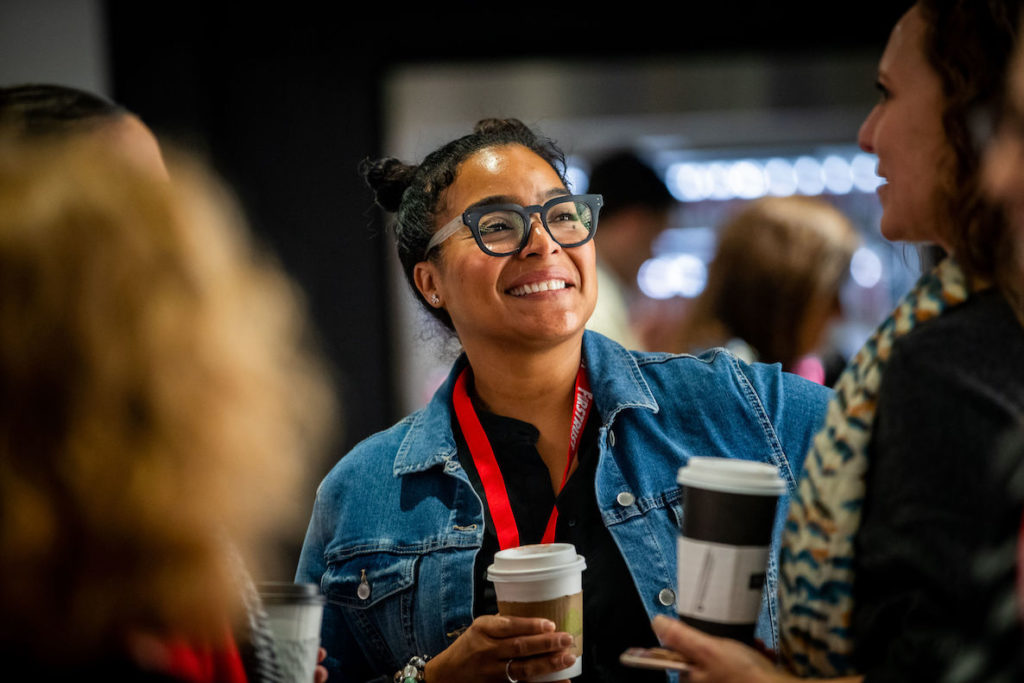
Mayor Steve Benjamin, of Columbia, South Carolina, heralded our investment in the arts—something he stole for his city. Brian Elms, of Change & Innovation Agency, gave a shoutout to City Year Philadelphia’s Executive Director Darryl Bundbridge, whose superpower, Elms said, is “curiosity.”
Our 400-person audience included city officials open to new ways of running cities (the type we need more of); young people unsatisfied with the world they’re inheriting; philanthropists and nonprofit workers, working from both sides; business people who want to do good and well; folks from around the region who know that, as Benjamin noted, cities are the key to America’s future. Many left asking us the same question: What’s next? (In fact, you can vote for an idea from the festival here; we’ll have videos up of the speakers next week.)

7. Everyone is responsible for truth in media.
That means journalists, pundits and consumers alike. Author and entrepreneur Steven Brill, CEO of NewsGuard—a plug in that rates news sites on a truth scale—warned that distrust and distraction of and by the media is one of the biggest threats to our society today. And Tiffany Cross, co-founder and managing editor of The Beat DC, gave just one example: In 2017, when Pres. Trump tweeted about then-FBI Director James Comey recording their conversation, it’s all the cable news channels talked about. Meanwhile, that same day, Attorney General Jeff Sessions brought back mandatory minimums for drug convictions, despite evidence that they do not prevent crime. Predictably, that news got lost. “But that has a much bigger impact on our society at large,” Cross noted.

8. Left or right, Democrat or Republican, we need passion and grit from all our elected officials.
New York Attorney General Letitia James, the first woman of color to hold her position, noted with some irony her (and other AG’s) fights for states’ rights—the same argument used to defend slavery—under Pres. Trump’s administration. “I wake up every day with this fire in my belly,” she told MSNBC host Ali Velshi. “I usually sue 1600 Pennsylvania Avenue, and then I go the hell home.” Fighting for the people, each and every day? We need more of that.

9. Participatory budgeting is a win-win.
Giving residents the ability to decide how money is spent—something Shari Davis’s Participatory Budgeting Project facilitates in cities across the country—not only gives them ownership over projects in their communities, it makes them more engaged citizens generally, with higher voter turnout and longer involvement in their city’s civic health.

10. Changing your world can change the world.
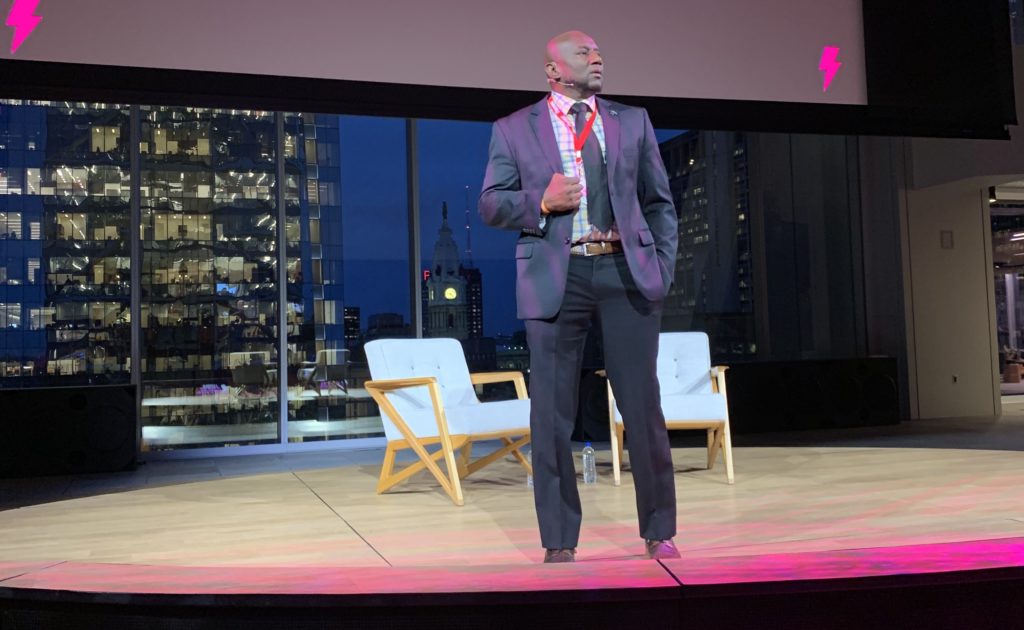
Taylor Paul, a returned citizen, has made his life’s work keeping others out of prison through a Richmond, Virginia, basketball program that teaches life skills alongside hoops—to guys on the street, police officers, firefighters and anyone else. Paul closed the day with an emotional story that started with asking us to say with him three times “Julius Jegede,” the name of the man he killed when he was a drug lord in Virginia in the 1990s—and whose memory he keeps alive by working as hard as he can to be worthy of Jegede’s family’s forgiveness. It was an impassioned cry for real change, from the streets to the courts to the hearts and minds of anyone with a stake in cities and those who live in them—which is to say, all of us.
Header photo by JPG Photography


